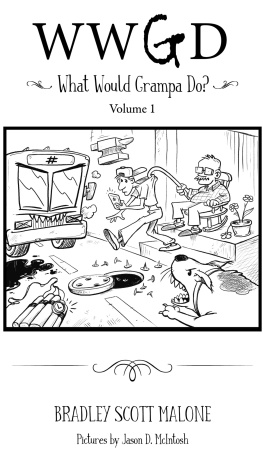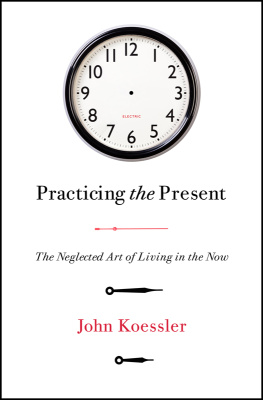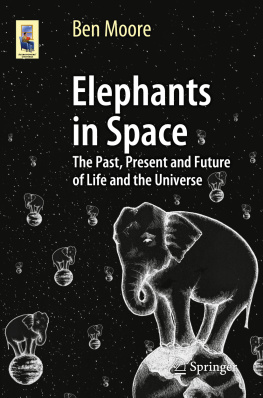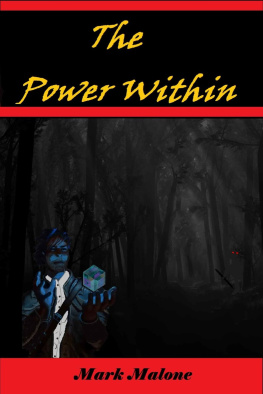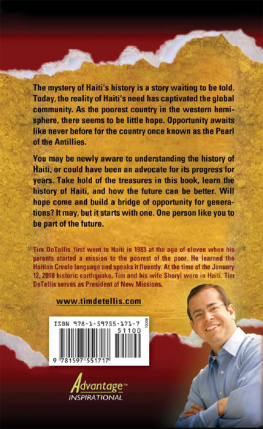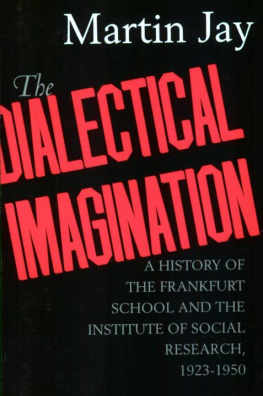The Dialectical Primatologist
The Dialectical Primatologist identifies the essential parameters vital for the continued coexistence of hominoids (apes and humans), synthesising primate research and conservation in order to develop culturally compelling conservation strategies required for the facilitation of hominoid coexistence.
As unsustainable human activities threaten many primate species with extinction, effective conservation strategies for endangered primates will depend upon our understanding of behavioural response to human-modified habitats. This is especially true for the apes, who are arguably our most powerful connection to the natural world. Recognising the inseparability of the natural and the social, the dialectical approach in this book highlights the heterogeneity and complexity of ecological relationships. Malone stresses that ape conservation requires a synthesis of nature and culture that recognises their inseparability in ecological relationships that are both biophysically and socially formed, and seeks to identify the pathways that lead to either hominoid coexistence or, alternatively, extinction.
This book will be of keen interest to academics in biological anthropology, primatology, environmental anthropology, conservation and humananimal studies.
Nicholas Malone is a senior lecturer in Anthropology at the University of Auckland, New Zealand. Dr Malone is an anthropologist with a broad interest in the social and ecological lives of primates, especially those of apes and humans. Specifically, he seeks to understand how the observed patterns of variability within and between taxa are simultaneously shaped by, and act as shaping factors of, evolutionary processes. Additionally, he strives to contribute to primate conservation through a commitment to engaging with local and extra-local efforts. Finally, he wishes to situate the study of primates within the broader contexts of anthropology, history and research ethics. His writing is informed by research experiences in Indonesia and the Democratic Republic of the Congo.
New Biological Anthropology
Series Editor: Agustn Fuentes
University of Notre Dame, USA
- Emergent Warfare in Our Evolutionary Past
- Nam C. Kim and Marc Kissel
- The Promise of Contemporary Primatology
- Erin P. Riley
- Genetic Ancestry
- Our Stories, Our Pasts
- Jada Benn Torres and Gabriel A. Torres Coln
- The Dialectical Primatologist
- The Past, Present and Future of Life in the Hominoid Niche
- Nicholas Malone
For more information about this series, please visit: www.routledge.com/New-Biological-Anthropology/book-series/NBA
For Margaux.
to Nicholas Malone, The dialectical primatologist: The past, present and future of life in the hominoid niche
Redefining humans as animals with a direct kinship to and ecological entanglement with other primates and animals, as Nicholas Malone sets out to do, is a recent development, not just in the history of primate studies but also in western consciousness at large. The latter has long struggled, and arguably still is struggling, to rid itself of deeply engrained, Eurocentric and anthropocentric notions of human specialty and a rigorous nature-culture divide.
When in the 18th century Linnaeus classified humans with newly discovered great apes this was vehemently criticised and quickly reversed. A hundred years later Darwins idea of apish ancestry was an equally controversial redefinition of the animalhuman boundary, and neutralised by excluding reason and moral feelings, or the human soul, from the process as unique human features.
The rebuff of alloprimates continued in 20th-century anthropology, which has been described as the most humanistic of the sciences and the most scientific of the humanities. Anthropology keeps struggling for intellectual and disciplinary coherence in its efforts to negotiate deep tensions between interpretive and explanatory approaches and, in fact, between two age-old metaphysical views of human nature that feed into these methodological stances: one stressing its continuity and one stressing its unique rupture with nature.
For me as a philosopher with a longstanding interest in primate studies and their checkered history this essay by a primatologist with a longstanding interest in philosophy was an exciting read. From my perspective, ethnoprimatology is the most recent negotiation of the sacrosanct humananimal boundary. This emergent paradigm, like convergent initiatives from the last few decades such as Multispecies Ethnography, Animal Studies and One Health, constitutes a new arena for efforts to bridge disciplinary and sub-disciplinary rifts between and in anthropologys four fields.
How much the aforementioned tensions in anthropology continue is clear from the fact that both factions often, if not usually, do not see eye to eye. Each has its own methodologies, conferences, journals and conception of disciplinary identity. Hostility and redlining (postmodernists!; reductionists!) abound in most anthropology departments worldwide, despite sustained efforts to avoid too one-sided approaches, for example in British social anthropology or in fieldwork-based ethnographies. In the United States, there have been several departmental splits in anthropology along these lines since the 1990s.
Interestingly, ethnoprimatology draws on both sides of the epistemic divide. On the one hand on Boasian and (neo-)Durkheimian cultural anthropology, which likes to think of itself as a human (and humane) science, in a non-, if not anti-Darwinian spirit. When studying its development during the 20th century, it is hard to avoid the impression that the repudiation of life sciences approaches at least partly has been, and still is, constitutive of cultural anthropologys disciplinary identity. On the other hand, ethnoprimatology has recourse to behavioural socioecology and biological/evolutionary anthropology, including primatology, long under the sway of Sherwood Washburns New Physical Anthropology, associated with the mid-20th-century New Synthesis in the life sciences.



